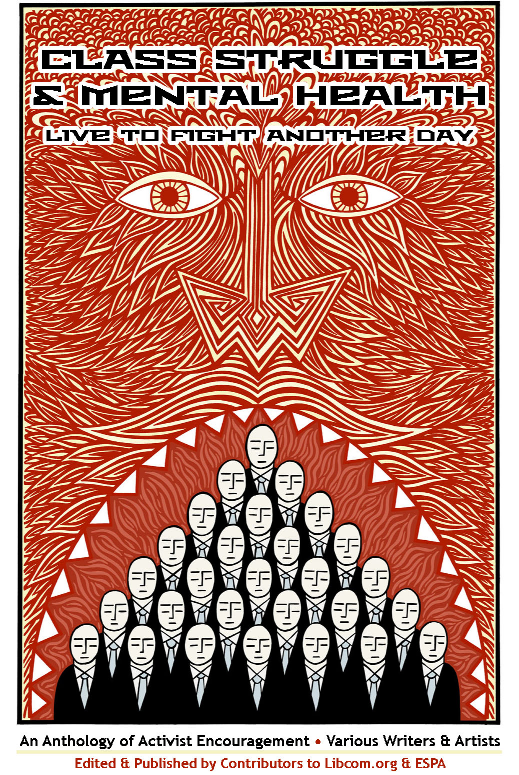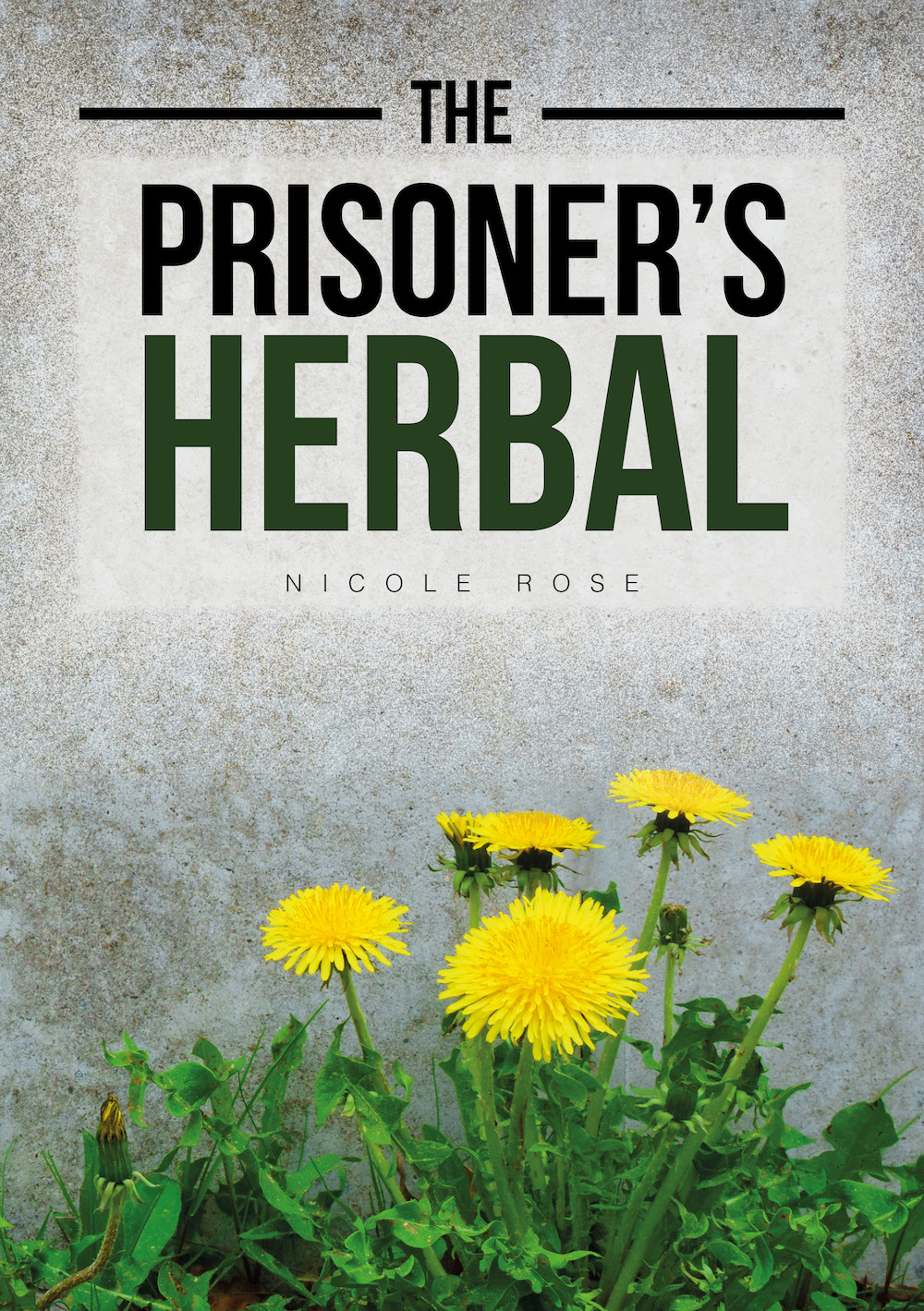Quite a while ago, just before the upheavals of the ’60s-shifts that have not ceased, but have been forced in less direct, less public directions — Marcuse in his One-Dimensional Man, described a populace characterized by flattened personality, satisfied and content. With the pervasive anguish of today, who could be so described? Therein lies a deep, if inchoate critique.
Much theorizing has announced the erosion of individuality’s last remnants; but if this were so, if society now consists of the thoroughly homogenized and domesticated, how can there remain the enduring tension which must account for such levels of pain and loss? More and more people I have known have cracked up. It’s going on to a staggering degree, in a context of generalized, severe emotional disease-ease.
Marx predicted, erroneously, that a deepening material immiseration would lead to revolt and to capital’s downfall. Might it not be that an increasing psychic suffering is itself leading to the reopening of revolt — indeed, that this may even be the last hope of resistance?
And yet it is obvious that “mere” suffering is no guarantee of anything. “Desire does not ‘want’ revolution, it is revolutionary in its own right,” as Deleuze and Guattari pointed out, while further on in Anti-Oedipus, remembering fascism, noting that people have desired against their own interests, and that tolerance of humiliation and enslavement remains widespread.
Read the PDF version

 The mental health system, despite all its complexity, can be described as a drainage hole for human suffering. Mostly, the pain that flows into it seeps into the groundwater, but occasionally it will reverse course and erupt into “normal” life as if from a geyser.
The mental health system, despite all its complexity, can be described as a drainage hole for human suffering. Mostly, the pain that flows into it seeps into the groundwater, but occasionally it will reverse course and erupt into “normal” life as if from a geyser. This piece of writing comes out of a series of discussions which occurred on the forums of libcom.org. It was repeatedly raised that depression, mental illness, and emotional stress are very common amongst libertarian political activists. Furthermore, suffering from mental illness as someone who is politically active often comes with its own set of complications. Sometimes the wider anarchist/ activist community is supportive and helpful. Other times, we can feel just as alienated amongst fellow anarchists as we do from the rest of capitalist society.
This piece of writing comes out of a series of discussions which occurred on the forums of libcom.org. It was repeatedly raised that depression, mental illness, and emotional stress are very common amongst libertarian political activists. Furthermore, suffering from mental illness as someone who is politically active often comes with its own set of complications. Sometimes the wider anarchist/ activist community is supportive and helpful. Other times, we can feel just as alienated amongst fellow anarchists as we do from the rest of capitalist society. Prisoners all over the world commonly experience medical neglect and a dehumanising separation from wild places. However, weeds come up through the concrete cracks. This book contains detailed profiles of ten plants that are commonly found in prison yards. It is based on my use of plants during my own 3.5-year prison sentence, with suggestions on how to prepare medicines in prison with limited resources.
Prisoners all over the world commonly experience medical neglect and a dehumanising separation from wild places. However, weeds come up through the concrete cracks. This book contains detailed profiles of ten plants that are commonly found in prison yards. It is based on my use of plants during my own 3.5-year prison sentence, with suggestions on how to prepare medicines in prison with limited resources.